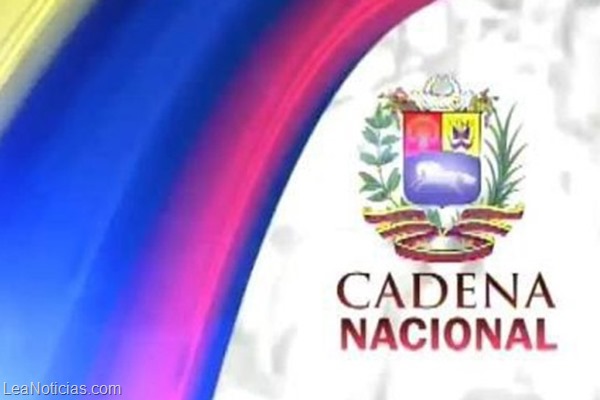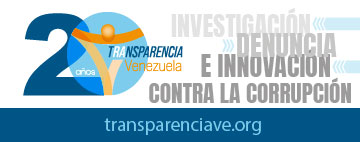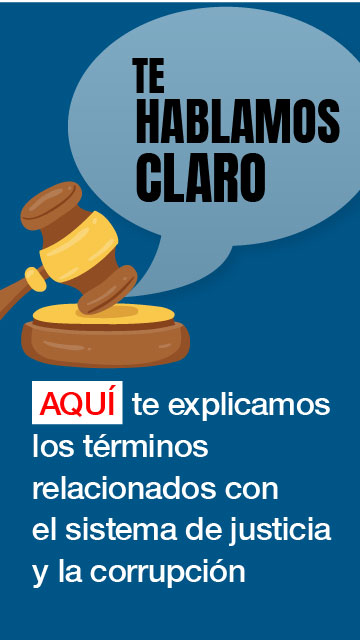To the Supreme Tribunal of Justice (TSJ), the fact that the President of the Republic can order all television and radio stations to broadcast his speeches and acts without any kind of restriction does not worry it at all, on the contrary, it considers that in this way the government prevents that “no one is excluded from the knowledge of relevant facts”.
So it was ruled by the Constitutional Chamber in its judgment 2152 of 14 November 2007, in which it rejected a nullity action brought by the political leader Antonio Ledezma in July 2003 against article 192 of the Organic Law on Telecommunications, which precisely empowers the head of state to order all radio media to interrupt their regular broadcasts and to issue the messages that he, the vice-presidents or ministers wish to launch without any kind of restriction of time or subject, much less without any kind of financial compensation.
In the ruling drafted by Francisco Carrasquero López, he denied that mandatory national broadcasted messages violate the right of citizens to seek and receive information, on the contrary, he affirmed that guarantees it, «since it puts the citizenship in conditions of real equality on the opportunities of access to communication of general relevance, correcting eventual imbalances in the transmission of messages whose knowledge is necessary for the collective».
In his long messages to the country both the deceased Hugo Chavez and his successor, Nicolás Maduro, have not made announcements referred to matters related to their government administration, but have criticized, attacked and even insulted their opponents and even revealed intimate matters, related to their childhood, education or family.
The Chamber also rejected that the mandatory national broadcasted messages imply any confiscation for the media, because «it does not per se affect the totality of the goods or a substantial part of the operators. Rather, the media do not suffer the deprivation of their equipment or infrastructure, nor the income generated by their activity, but they present a loss in the development of their commercial activity for the time that lasts the message or speech, which is verified by notorious fact, that in no case extends to cover most of the broadcasts of a radio or television station».
This last statement would be questioned in January 2012, when the mandatory national broadcasted message on the occasion of the presentation of the annual report of President Hugo Chavez lasted almost 10 hours, more than a third of audiovisual media’s regular operation days.
Finally, it left the doors open for the complainants to go before the contentious administrative jurisdiction to act against the omission in which the government has incurred by not issuing a regulation that control the use of these broadcasts.
According to the Cadenómetro of the Communication Research Center of Universidad Católica Andrés Bello, since Maduro took over as head of state in 2012, and until 24 June 2016, he spent 575 hours talking on radio and television in mandatory national broadcasted messages. On his part, his predecessor, who started this tradition, spent 1639 hours in front of a camera or microphone, according to data from the organization Espacio Público.
Extract of the judgment
«Certainly, it is essential to the information work, to bring to the public the general knowledge of transcendent events and opinions for the people and for that reason, for the legal system the recipient of the news is not only the individual (who particularly needs it for its fulfillment), but society».








